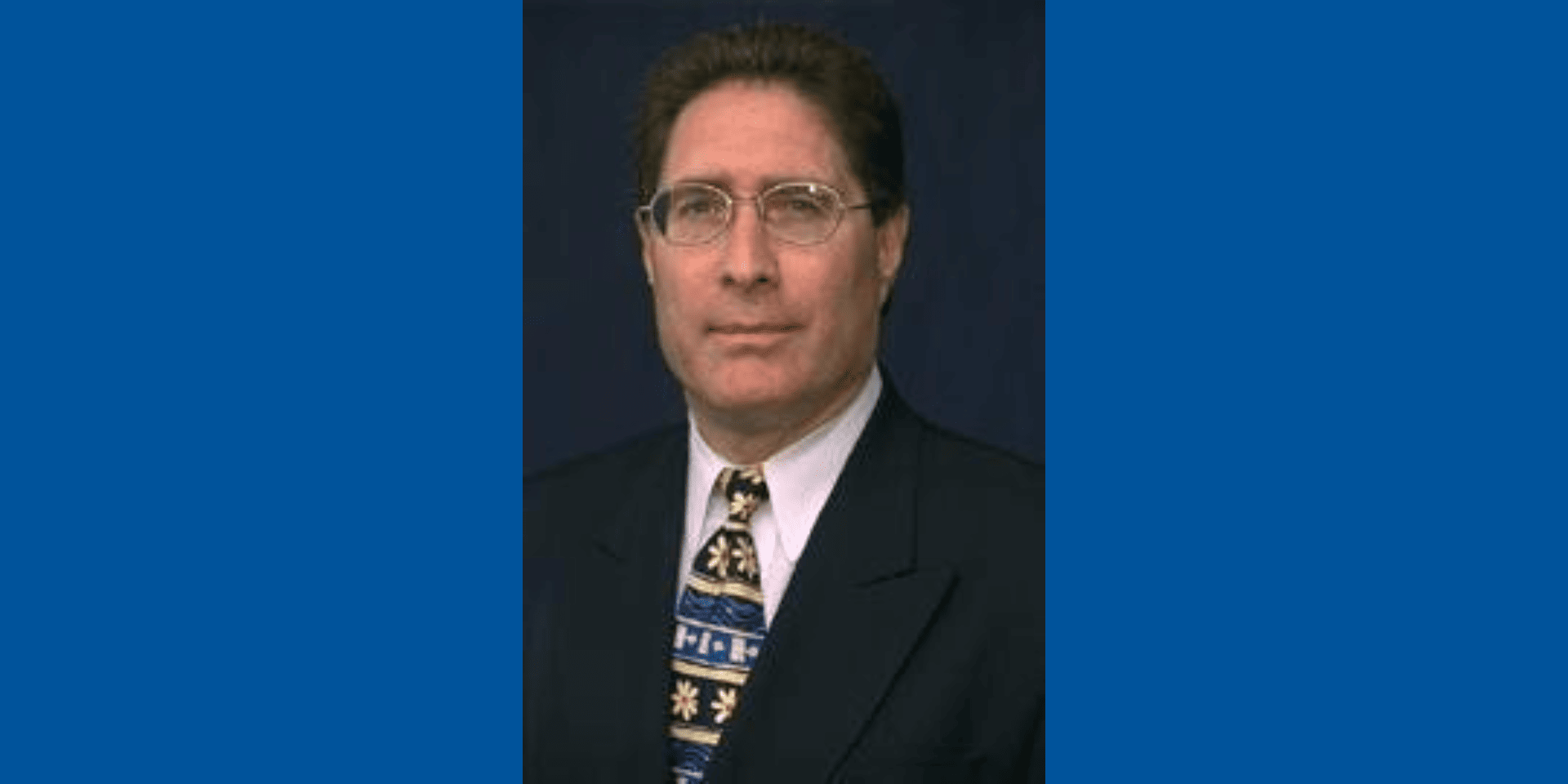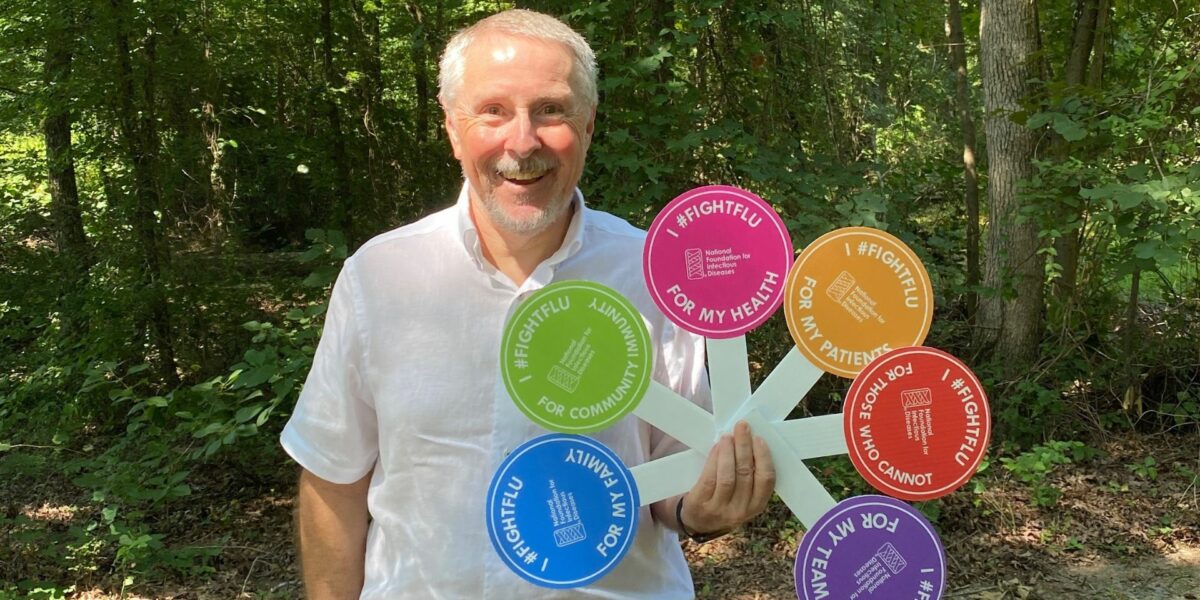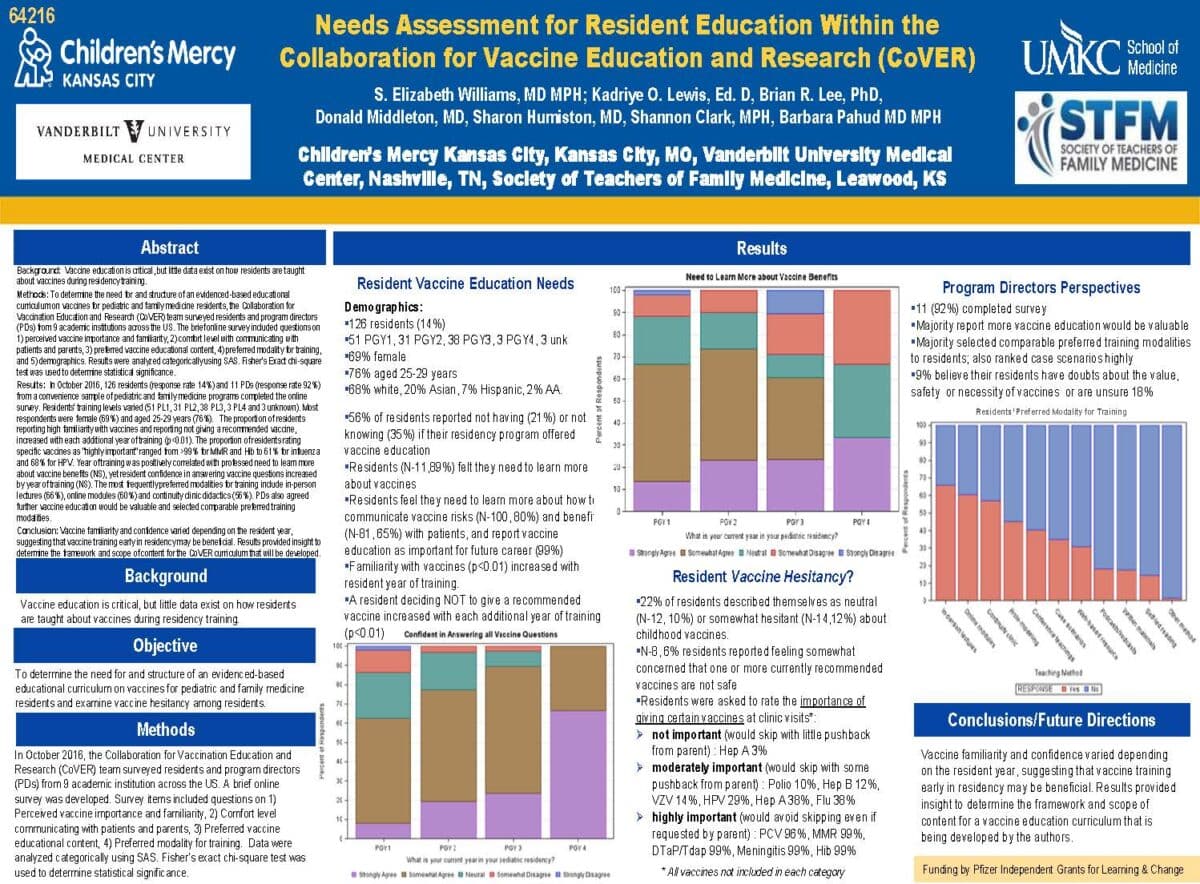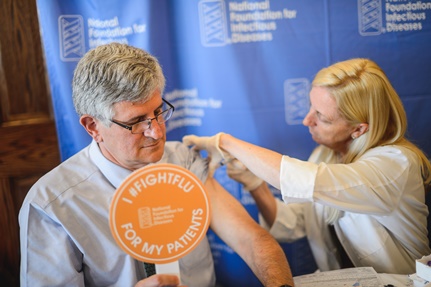
 Special thanks to Jay S. Keystone, MD of the University of Toronto and Toronto General Hospital for this guest blog post on travel vaccines. Dr. Keystone will be a featured speaker at the NFID 2013 Fall Clinical Vaccinology Course, November 15-17, 2013 in Cambridge, MA.
Special thanks to Jay S. Keystone, MD of the University of Toronto and Toronto General Hospital for this guest blog post on travel vaccines. Dr. Keystone will be a featured speaker at the NFID 2013 Fall Clinical Vaccinology Course, November 15-17, 2013 in Cambridge, MA.
Recently, in my travel clinic, I asked a patient when he was leaving for his 3 month vacation in Southeast Asia. The answer was, “tomorrow!”
Unfortunately, last-minute overseas travelers requesting health advice is a common occurrence–up to one third of travelers seek travel health advice in the seven days prior to departure. What is wrong with waiting for the last minute to seek health advice before travel? From an immunization point of view, it may be too late to complete a vaccine schedule. For example, Japanese encephalitis vaccine consists of 2 doses one month apart, while even the accelerated combined hepatitis A/B schedule still needs 3 weeks. The rule in vaccine administration is that you can always lengthen a schedule but not shorten it.
Furthermore, for those of us of retirement age (now 75+) who plan to spend our remaining days and dollars on international travel, our immune system is on the wane to the point that it takes us much longer to develop a protective immune response from vaccines. For example, within 2 weeks, those under 40 will have 90% protection against hepatitis A but only 77% protection for older travelers.
Does this mean that last-minute travelers should not bother to seek pre-travel health advice? The answer is an emphatic no! Incomplete vaccine schedules can still provide partial protection. Health advice given six to eight weeks before travel will ensure that all necessary immunizations can be administered. The bottom line: don’t put health advice on the bottom of your travel checklist. Seek advice early if possible, but make sure you seek advice!
To join the conversation, follow us on Twitter (@nfidvaccines), like us on Facebook, and join the NFID Linkedin Group.
Related Posts

Overcoming Barriers to Vaccination
NFID Medical Director Robert H. Hopkins, Jr., MD, shares his thoughts on communication tactics and other strategies to help overcome barriers to vaccination

Sharing Best Practices
The NFID Clinical Vaccinology Course encourages sharing of best practices through poster presentations and interactive sessions led by expert faculty featuring the latest information on updated vaccine recommendations and innovative and practical strategies for ensuring timely and appropriate immunization…

Are Vaccines Safe?
Probably the most dangerous aspect of getting a vaccine is driving to the doctor’s office to get it. Every year, about 30,000 people die in car accidents and even walking outside on a rainy day isn’t entirely safe—every year in the US, about 100 people are killed when struck by lightning. While routine daily activities pose a certain degree of risk, we choose to do them because we consider that the benefits outweigh the risks.
